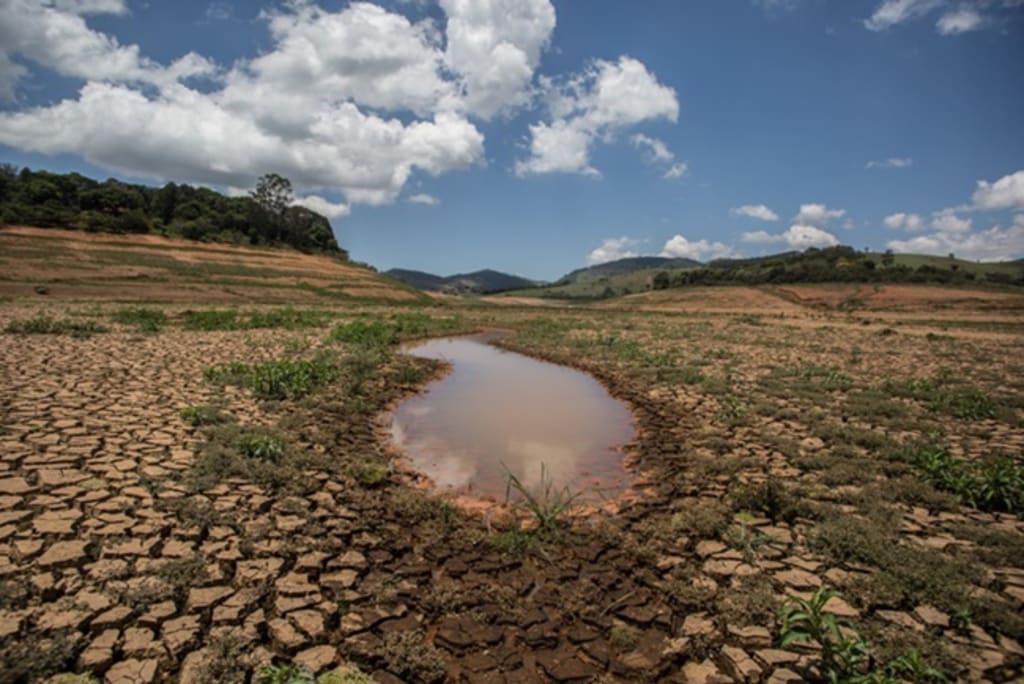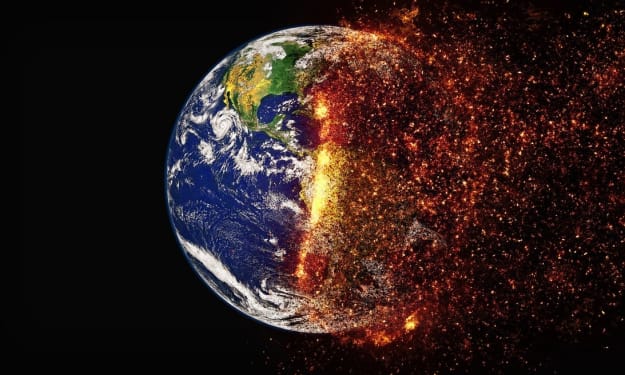
Introduction
Desertification is a process by which fertile land becomes desert, typically as a result of drought, deforestation, overgrazing, or other human activities that lead to soil degradation. It is a significant global issue that affects millions of people and has far-reaching consequences for the environment. Desertification can lead to food and water insecurity, displacement of people, and ecosystem changes. It is often exacerbated by climate change, which can increase the frequency and severity of droughts.
Addressing desertification requires a multifaceted approach that includes sustainable land management practices, restoration of degraded lands, and improved water management. Many governments and organizations around the world are taking steps to combat desertification, but more action is needed to mitigate its impacts. The United Nations Convention to Combat Desertification (UNCCD) is an international treaty that promotes sustainable land management and supports countries in developing and implementing national action plans to address desertification. Overall, addressing desertification is essential for ensuring food security, preserving ecosystems, and mitigating the impacts of climate change.
Desertification is a process that occurs when land that was previously fertile becomes a desert due to a combination of natural and human factors. It is a complex and multifaceted phenomenon that can have significant impacts on human societies and the environment.
Desertification is often caused by drought, which is a natural phenomenon that can cause vegetation to die and soil to become dry and compacted. Human activities can exacerbate the effects of drought and contribute to desertification. For example, deforestation can lead to soil erosion, which can make it more difficult for vegetation to grow. Overgrazing can also lead to soil degradation and the loss of vegetation cover.

Climate change is another factor that can contribute to desertification. Changes in rainfall patterns and increased temperatures can lead to more frequent and severe droughts, which can exacerbate the effects of human activities on the environment.
The impacts of desertification can be significant and far-reaching. It can lead to food and water insecurity, displacement of people, and ecosystem changes. For example, the loss of vegetation cover can lead to soil erosion, which can reduce the capacity of the land to support crops and other vegetation. This can lead to food insecurity and economic hardship for local communities. Desertification can also lead to the loss of biodiversity, as species that rely on the affected ecosystems are displaced or become extinct.
To address desertification, it is essential to implement sustainable land management practices. This can include measures such as reducing the use of chemical fertilizers and pesticides, promoting agroforestry, and improving soil conservation. It is also important to restore degraded lands through activities such as reforestation and soil restoration. These measures can help to increase the resilience of the affected ecosystems and reduce the risk of further desertification.
Improving water management is also an important component of efforts to address desertification. This can include measures such as improving irrigation systems, promoting rainwater harvesting, and reducing water waste. By improving water management, it is possible to increase the availability of water for crops and other vegetation, which can help to reduce the risk of desertification.
Many governments and organizations around the world are taking steps to address desertification. For example, the United Nations Convention to Combat Desertification (UNCCD) is an international treaty that aims to promote sustainable land management and combat desertification. The UNCCD encourages countries to develop and implement national action plans to address desertification, and it provides support for the implementation of these plans.
In conclusion, desertification is a complex and multifaceted phenomenon that can have significant impacts on human societies and the environment. It is often caused by a combination of natural and human factors, and it is exacerbated by climate change. To address desertification, it is essential to implement sustainable land management practices, restore degraded lands, and improve water management. Many governments and organizations around the world are taking steps to address desertification, but more action is needed to mitigate its impacts in the future.
About the Creator
Love The Green
Welcome to my page,I hope to share my experiences, insights, and knowledge with fellow nature enthusiasts.Together, we can celebrate the wonders of the natural world, and work to protect and preserve it for future generations to enjoy🌿🌲






Comments
There are no comments for this story
Be the first to respond and start the conversation.